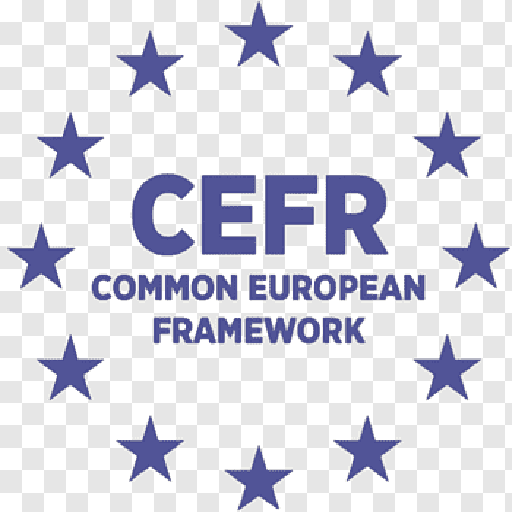Teaching and learning foreign languages in Uzbekistan. CEFR: learning, teaching and assessment
Abstract
The Common European Framework of Reference (CEFR) is the most comprehensive, and the most widely used set of foreign language education standards throughout the world. The recent reforms in foreign language teaching in Uzbekistan have mainly touched upon teaching English language in all levels and stages of education. At this point CEFR plays as the main framework to be adopted in developing the national standard. In this article, we shall discuss reforms of adoption and implementation of the new standard which was a requirement of time and has started a new era in the whole system of foreign languages learning in Uzbekistan.
References
J.Jalolov. Methodology of the English language Teaching -T .: 2015.
Khoshimov O., Yakubov I. Methodology of the English language Teaching -T .: 2003.
Little, David. (2006). The Common European Framework of Reference for Languages: content, purpose, origin, reception and impact. Language Teaching 2.
Little, David. (2007). The Common European Framework of Reference for Languages: Perspectives on the Making of Supranational Language Education Policy. Modern Language Journal, 91(4), 645-655.
Little, David. (2011). The Common European Framework of Reference for Languages: A research agenda. Language Teaching, 44(3), 381-393.
Goullier, F. 2007. Council of Europe Tools for Language Teaching. Common European Framework and Portfolios. Paris: Didier
North, B. 2007. ‘Europe’s framework promotes language discussion, not directives’. Guardian Weekly Thursday 15 April.
PRESETT: Curriculum for bachelor's degree. Specialization: philologist-English language teacher. Tashkent - 2012

In submitting the manuscript to the International Journal on Integrated Education (IJIE), the authors certify that:
- They are authorized by their co-authors to enter into these arrangements.
- The work described has not been formally published before, except in the form of an abstract or as part of a published lecture, review, thesis, or overlay journal.
- That it is not under consideration for publication elsewhere,
- The publication has been approved by the author(s) and by responsible authorities – tacitly or explicitly – of the institutes where the work has been carried out.
- They secure the right to reproduce any material that has already been published or copyrighted elsewhere.
- They agree to the following license and copyright agreement.
License and Copyright Agreement
Authors who publish with International Journal on Integrated Education (IJIE) agree to the following terms:
Authors retain copyright and grant the International Journal on Integrated Education (IJIE) right of first publication with the work simultaneously licensed under Creative Commons Attribution License (CC BY 4.0) that allows others to share the work with an acknowledgment of the work's authorship and initial publication in this journal.





1.png)
